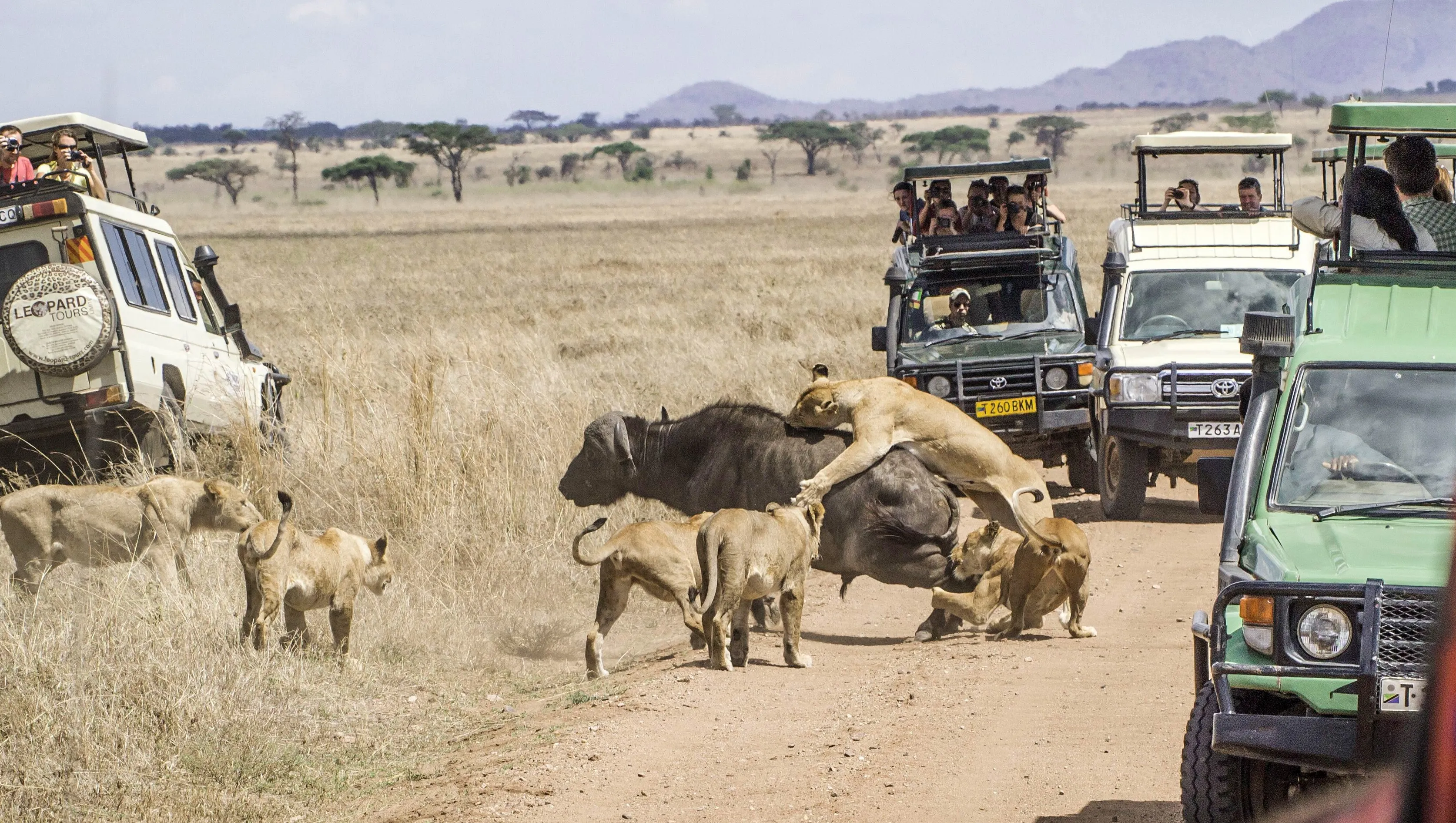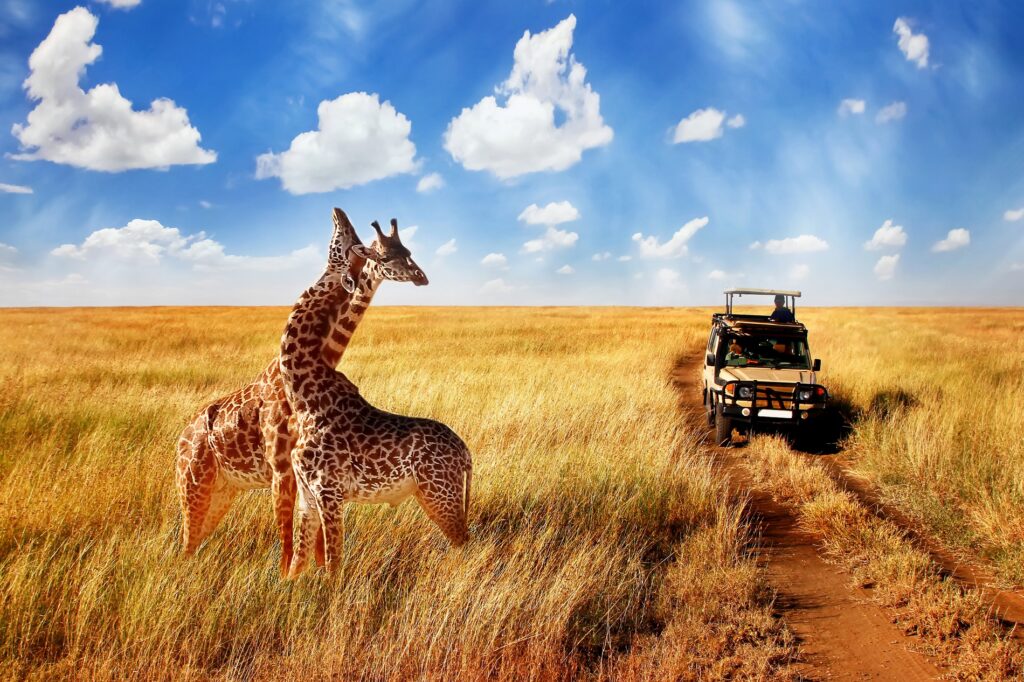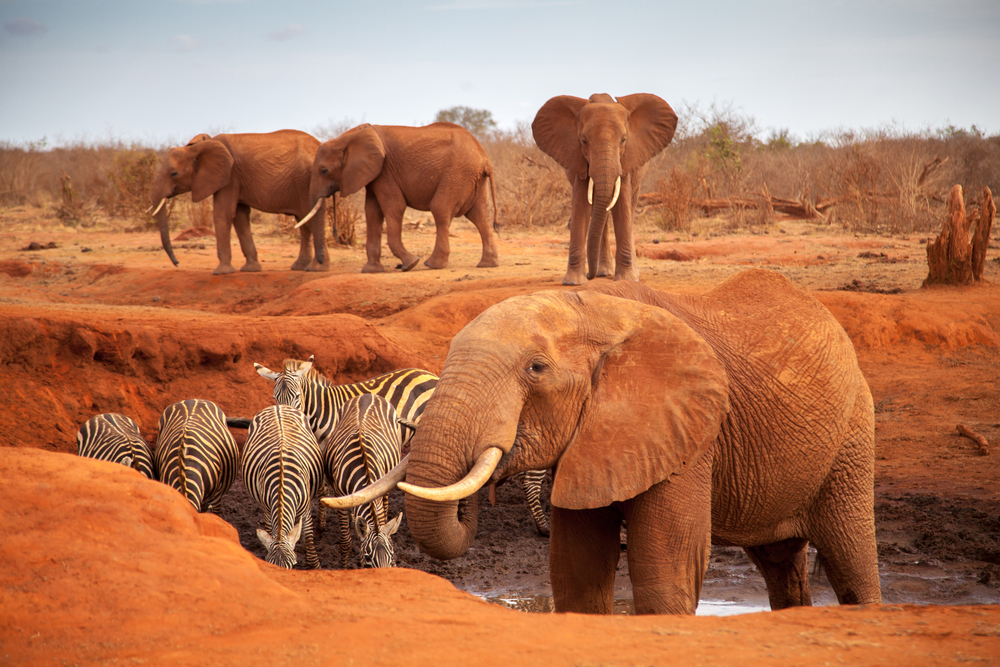Tourism Policies And How Affect Safaris
Safari tourism is a popular and growing sector of the travelindustry, attracting millions of tourists each year. However, as with any form of tourism, safari tourism can have both positive and negative impacts on local communities, economies, and the environment.
To mitigate these impacts, governments and policymakers have implemented various tourism policiesand regulations. In this article, we will explore the key tourism policies in safaris and their impacts.
Permits And Licenses
One critical tourism policy in safaris is the requirement for permits and licenses for both tourists and tour operators. Permits and licenseshelp regulate the number of visitors in protected areas, which can help prevent over-tourism and protect the environment. They can also ensure that tour operators meet specific standards for safety, quality, and environmental sustainability.
However, the permit and licensing system can also create challenges for small, locally owned tour companies, who may struggle to afford the fees. Moreover, the process for obtaining permits and licenses can be complicated and bureaucratic, discouraging some operators from obtaining them, leading to unregulated and unsustainable tourism practices.
Environmental And Social Standards
Another critical tourism policy in safaris is the implementation of environmental and social standards. Governmentsand tour operators can establish standards for waste management, energy use, and water conservation, among other areas, to minimize the environmental impact of tourism. Additionally, they can set social standards to ensure that tourism benefits local communities, such as through the creation of jobs and supporting local businesses.
The implementation of these standards can lead to more sustainable and responsible tourism practices, which can help preserve the environment and promote economic development in local communities. However, the implementation and enforcement of these standards can be challenging, and some tour operators may prioritize profit over sustainability, leading to negative impacts on the environment and local communities.
Taxes And Revenue Sharing
Taxes and revenue sharing are other critical tourism policies in safaris. Governments can collect taxes from tourists and tour operators, which can provide a source of revenue for conservation and local development. Additionally, revenue sharing agreements can ensure that local communities receive a portion of the revenue generated by tourism, providing economic benefits and incentivizing community support for conservation efforts.
However, the collection and distribution of taxes and revenue sharing can be complex, and corruption and mismanagement can lead to funds being diverted from their intended purposes. Additionally, revenue sharing agreements may not benefit all members of a community equally, leading to tension and conflict.
Challenges And Future Of Tourism Policies In Safaris
While tourism policies have the potential to promote sustainable tourism practices in safaris, they also face several challenges. One of the most significant challenges is ensuring that policies are effectively implemented and enforced. Many governments lack the resources and capacity to enforce policies, and corruption can undermine efforts to regulate the sector.
Another challenge is the balancing of tourism development and conservation efforts. Some argue that tourism can be a force for conservation by providing financial incentives for protecting wildlife and natural habitats. However, if tourism development is not well managed, it can have negative impacts on the environment and wildlife.
The future of tourism policies in safaris will depend on continued efforts to address these challenges. Governments and tour operators must work together to develop effective policies that balance tourism development and conservation efforts. Additionally, there is a need for increased investment in enforcement and monitoring of tourism policies, as well as the promotion of sustainable tourism practices among tourists.
Tourism Policies And COVID-19
The COVID-19 pandemic has had a significant impact on safari tourism, with many countries closing their borders and suspending tourism activities. However, as countries start to reopen, tourism policies will play a crucial role in ensuring that tourism activities resume in a safe and responsible manner.
Many countries have already implemented new policies and regulations to ensure the safety of tourists and local communities, including requirements for COVID-19 testing, mask-wearing, and social distancing. Additionally, some countries have introduced new policies to promote sustainable tourism practices, such as limits on the number of visitors and the use of electric vehicles on safari tours.
While these policies are necessary to ensure the safety of tourists and local communities, they also pose challenges for tour operators and local economies that rely on tourism. Governments and tour operators must work together to develop policies that balance public health concerns with economic needs. If you want to know howgoverments designtourism policies you can visit Washington Independent.
The Role Of Stakeholders In Tourism Policies
Tourism policies in safaris involve multiple stakeholders, including governments, tour operators, local communities, and conservation organizations. Each stakeholder plays a critical role in ensuring that tourism activities are sustainable and responsible.
Governments are responsible for developing and implementing tourism policies, including regulations, permits, and environmental and social standards. They also have a role in collecting taxes and revenue sharing to support conservation and local development efforts.
Tour operators are responsible for adhering to tourism policies and regulations, as well as implementing their own sustainability practices. They have a role in educating tourists on responsible tourism practices and supporting local communities through job creation and support for local businesses.
Local communities have a critical role in ensuring that tourism benefits them and their natural resources. They can participate in tourism planning and decision-making processes, as well as receive revenue sharing from tourism activities.
Conservation organizations play a crucial role in safeguarding the natural resources that tourists come to see. They can work with governments and tour operators to develop and implement conservation and sustainability practices.
The Importance Of Education And Awareness
Education and awareness are critical components of promoting sustainable and responsible safari tourism practices. Tourists must be educated on responsible tourism practices, such as reducing waste, conserving water, and respecting local cultures and customs.
Additionally, tourists can benefit from learning about the local communities they visit and the conservation efforts that are underway in the areas they are exploring. Tour operators can play a significant role in educating tourists, offering guided tours and educational materials that highlight the importance of sustainable and responsible tourism practices.
Local communities can also benefit from education and awareness programs, as they can help to foster a sense of ownership and pride in their natural and cultural resources. By promoting the value of their resources, local communities can take an active role in tourism planning and decision-making processes.
Benefits Of Good Tourism Policies
Safari tourism can provide many benefits, including economic development, job creation, and the conservation of natural and cultural resources. By promoting sustainable and responsible tourism practices, we can ensure that tourism benefits both visitors and local communities, while safeguarding natural resources for future generations.
People Also Ask
What Are The Ethics Of Safari Tourism?
The ethics of safari tourism involve the responsible treatment of wildlife and the environment, as well as respect for local communities and their cultures. Safari tourists should follow ethical guidelines such as not littering, not feeding animals, and not harassing or disturbing wildlife. Additionally, tourists should respect local cultures and customs, seek out responsible tour operators, and support conservation efforts.
What Is The Importance Of Safari Tourism?
Safari tourism is an essential source of revenue for many countries, particularly those with significant natural resources such as wildlife and scenic landscapes. It also provides employment opportunities and supports economic development in local communities. Additionally, safari tourism can promote conservation efforts by raising awareness of the importance of preserving natural resources.
What Is The Policy Of Sustainable Tourism?
Sustainable tourism is a policy that promotes responsible tourism practices, balancing economic development with environmental conservation and social responsibility. This policy involves the development and implementation of environmental and social standards, as well as the use of sustainable tourism practices, such as reducing waste, conserving water, and supporting local communities. Additionally, sustainable tourism involves educating tourists and local communities on responsible tourism practices to promote long-term sustainability.
Conclusion
Education and awareness are essential components of promoting sustainable and responsible tourism practices in safaris. By educating tourists and local communities, stakeholders can work together to promote the conservation of natural and cultural resources while supporting economic development.
Governments, tour operators, local communities, and conservation organizations must work together to develop and implement educational and awareness programs that promote sustainable and responsible tourism practices in safaris.
By doing so, we can ensure that tourism benefits both visitors and local communities, while safeguarding natural resources for future generations.



